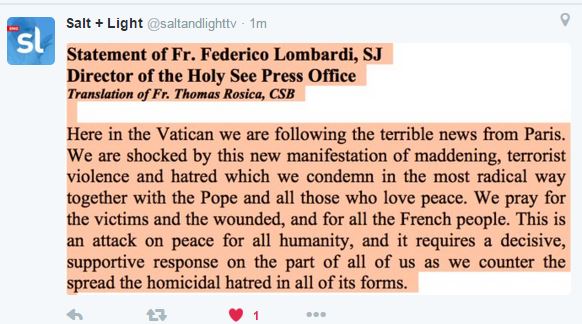Six Pontifical Congregations merged into only two. Fewer Cardinals in Rome. Possible lay leadership at the top.
These are among the changes expected, as Curia reform continues under Pope Francis. According to Cardinal Oscar Andres Rodriguez Maradiaga, coordinator of the C9, the Council of Cardinals that is helping Pope Francis to restructure Vatican dicasteries:
“There will be fewer Cardinals in the Vatican, and a reform of the Secretary of State is being looked into.”
In an interview with Andrea Tornielli for the Vatican Insider, Cardinal Maradiaga explained the reason for the reforms:
“The aim is to rationalize and simplify things. There are approximately thirty different dicasteries at the moment, including secretariats, councils and congregations. How can a leader regularly bring together all of his ministers? In the past, meetings took place once or twice a year. How can an institution go on like this? Meetings and consultations need to be more frequent. Then we will be able to say that simplification fosters collegiality. And this is important.”
Cardinal Maradiaga revealed that two pontifical councils dedicated to the laity and to charity will likely combine the resources of the current councils on the laity, the family, migrants, health-care workers, justice and peace, and the Church’s charitable arm, Cor Unum.
Vatican media is being reviewed. The costs for staffing, production in various languages, and shortwave broadcasts, Cardinal Maradiaga noted, are significant, especially since there is no income from advertisements.
The Vatican’s Secretariat of State, according to Maradiaga, will probably undergo a “redistribution of internal tasks.”
And Cardinal Maradiaga hinted that the leaders of these new congregations and pontifical councils need not necessarily be clergy. “It is not necessary,“ he said,
“…for there to be a cardinal or a bishop heading every dicastery: There could be a married couple in charge of family affairs, for example and for migrants there could be a nun who has specific experience in this area, a member of the Scalabrinian missionaries for instance.”











